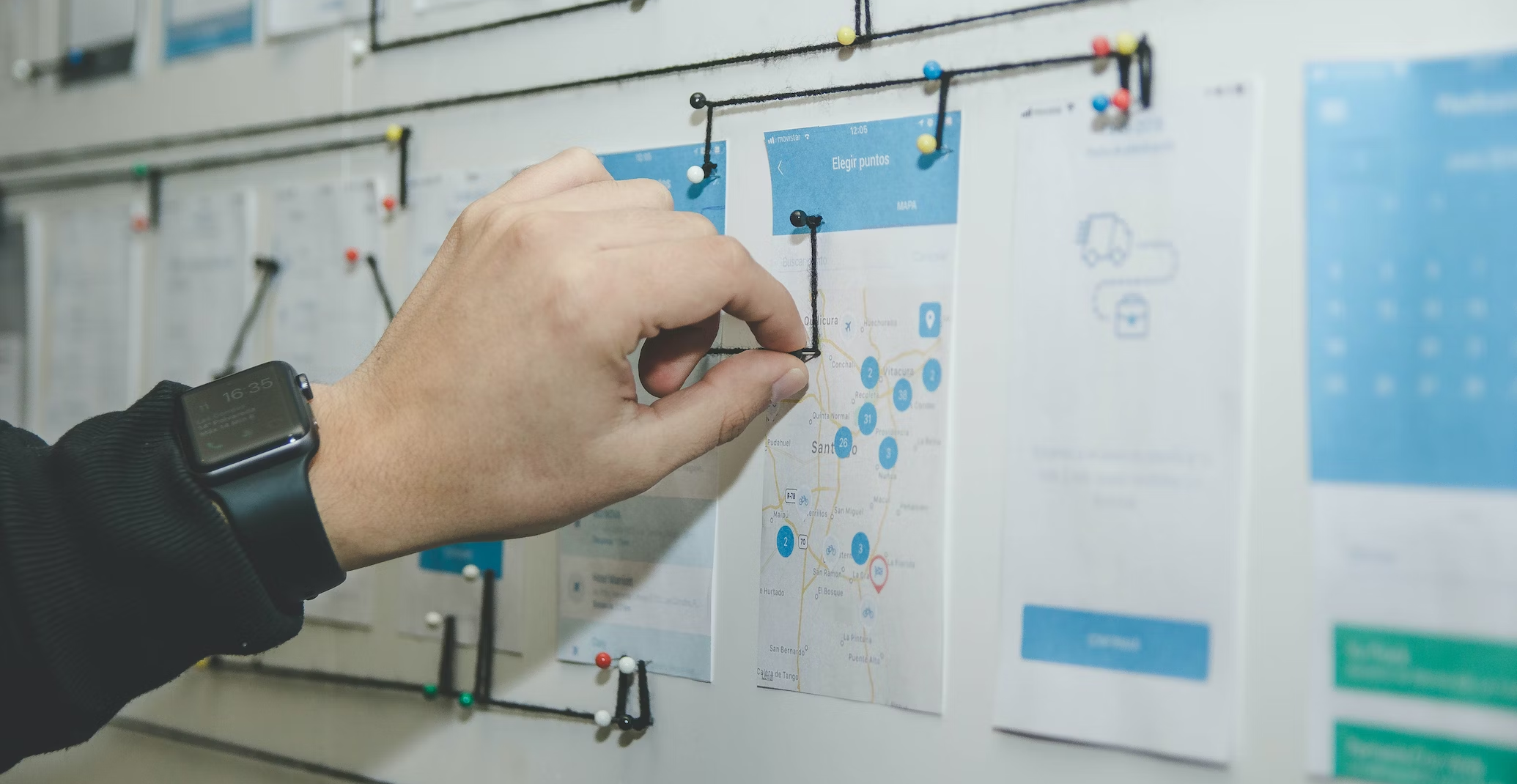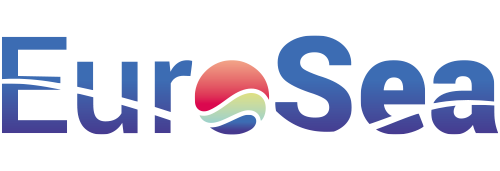
Description
In an evolving era of oceanographic research and environmental monitoring, the decision to incorporate stakeholder dialogues directly into the development and mapping of Essential Ocean Variables (EOVs) represents a forward-thinking and holistic approach. By inviting diverse stakeholders into the conversation, the process not only captures a more comprehensive understanding of the ocean’s dynamic nature but also ensures that the indicators and EOV mappings are both robust and actionable. Moreover, EuroSea’s alignment with major global initiatives such as GOOS, GCOS, and G7 FSOI amplifies the project’s relevance, ensuring its outcomes reverberate on a global stage.
Impact During the Project
The incorporation of stakeholder dialogues into the development process of indicators and mapping of EOVs illustrates a more inclusive and comprehensive approach. Linking EuroSea outcomes and advancements with major international frameworks and initiatives such as GOOS, GCOS, and G7 FSOI demonstrates the global relevance and alignment of EuroSea’s efforts.
Measures: The effectiveness of stakeholder dialogues in shaping the development of indicators and mapping of EOVs.The degree of alignment and integration of EuroSea outcomes with the implementation plans of GOOS, GCOS, and G7 FSOI.
Impact Post Project
The practical implementation and application of EuroSea’s work in shaping global frameworks and initiatives signify its broad impact and influence. Specifically, the EOVs mapping and indicators developed by EuroSea provide GOOS, GCOS, and G7 FSOI with a robust framework for the implementation of ocean and climate indicators.
Measures: Adoption and utilization of EuroSea’s EOVs mapping and indicators by GOOS, GCOS, and G7 FSOI. The effectiveness of the EuroSea framework in advancing global ocean and climate indicators.
Advancement over and above State of the Art
Inclusive Approach: Engaging stakeholders in dialogues and incorporating their feedback into the development of indicators and mapping of EOVs signifies an advancement from traditional top-down approaches. This inclusive methodology ensures the relevance, applicability, and acceptance of the indicators across diverse stakeholder groups.
Global Alignment: By linking EuroSea’s efforts with major global frameworks such as GOOS, GCOS, and G7 FSOI, EuroSea establishes itself as a key contributor to the global discourse on ocean observation. This integration signifies the compatibility and relevance of EuroSea’s outcomes in the global arena.
Practical Application: The utilization of EuroSea’s EOVs mapping and indicators by global frameworks like GOOS, GCOS, and G7 FSOI highlights the practicality and efficacy of EuroSea’s contributions. By offering a comprehensive implementation framework, EuroSea is advancing the state of the art in ocean and climate indicators’ implementation.
Bridging Gaps: EuroSea acts as a bridge, linking research and developments in ocean observations with global initiatives that are focused on larger environmental and climate objectives. By providing these frameworks with tools and methodologies, EuroSea facilitates more effective implementation and tracking of goals.
In summary, through a combination of inclusive stakeholder engagement, global alignment, practical application, and bridging research with global objectives, EuroSea is significantly advancing the state of the art in the development and implementation of ocean and climate indicators. The project’s contributions are not limited to academic advancements but have tangible impacts on global efforts to understand and address ocean and climate challenges.”
Links and References
Link to D4.2 – Derive observable ocean climate indicators from seasonal forecast: https://eurosea.eu/download/eurosea_d4-3_ocean_climate_indicators_revised_resubmitted/?wpdmdl=5559&refresh=650197c8600a71694603208
Link to D4.5 – Skill assessment of ECV/EOV from seasonal forecast: https://eurosea.eu/download/eurosea_d4-6_skill_assessment_of_ecv_eov_from_seasonal_forecast_revised_resubmitted/?wpdmdl=5565&refresh=650197c8d14c21694603208
